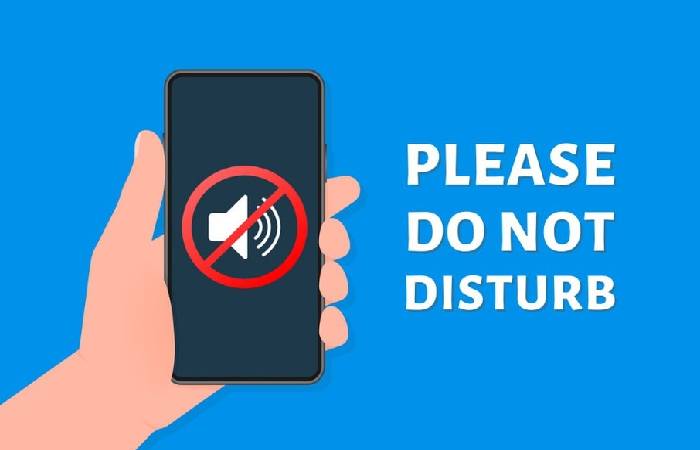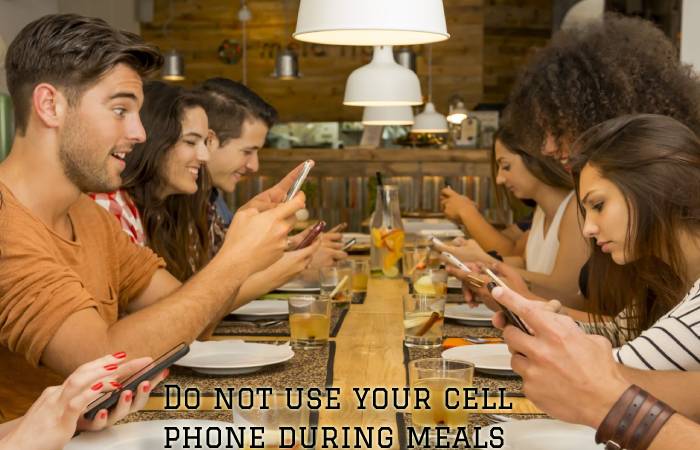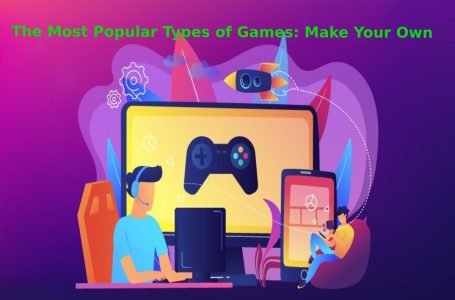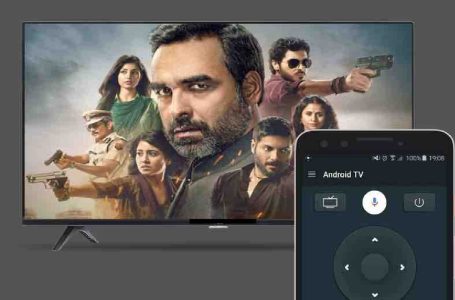The term NOMOPHOBIA or NO MObile PHone PhoBIA describes a psychological condition when people fear being detached from mobile phone connectivity.
The mobile phone has become an almost personal electronic device that performs similar functions to a computer.
But in our pockets, in addition to making phone calls – a function that some of us forgot to be the most important one a year ago – email, WhatsApp, within the One-click reach, social networks, and other leisure or work applications.
In fact, this phenomenon can lead to the need for therapies in the most severe cases.
Introduction
In today’s technologically driven world, our mobile devices have become integral to our daily lives. We rely on them for communication, entertainment, information, and even as a means of navigation. However, this dependence on mobile devices has given rise to a new phenomenon known as nomophobia, which refers to the fear or anxiety of being without your mobile device. In this article, we will explore the concept of nomophobia, its potential causes, its symptoms, and its impact on individuals and society.
Understanding Nomophobia:
The term “nomophobia” is a combination of “no mobile” and “phobia.” It emerged due to our increasing reliance on smartphones and the anxiety that arises when we are separated from them. Nomophobia is not recognized as a clinical diagnosis, but it is a prevalent phenomenon affecting many individuals worldwide.
Causes and Triggers:
Several factors contribute to the development of nomophobia. The primary cause is the dependency on mobile devices for various aspects of our lives. Smartphones offer constant connectivity, social media engagement, instant messaging, and access to vast information. The fear of missing out (FOMO) and the need to stay connected at all times can intensify nomophobia.
Additionally, the fear of being alone or isolated without the comfort of a digital connection can trigger nomophobic symptoms. Some individuals may also rely on their smartphones as a source of self-validation and social acceptance, further fueling their fear of being without their devices.
Symptoms and Effects:
Nomophobia can manifest in various ways, and the symptoms can vary from mild to severe. Common signs of nomophobia include:
- Anxiety or restlessness when separated from one’s mobile device.
- Constantly checking the phone for notifications or messages, even in inappropriate or unnecessary situations.
- Excessive preoccupation with the battery life and availability of a charger.
- Feeling uneasy or panicked when the phone battery is low or there is no network coverage.
- Difficulty focusing on tasks or engaging in face-to-face conversations due to the anticipation of missing out on digital interactions.
The impact of nomophobia extends beyond individual experiences. For example, relationships may suffer as individuals prioritize their devices over personal interactions, leading to decreased communication and emotional disconnection. Productivity can also be affected, as the constant need to check the phone disrupts concentration and workflow.
Coping Strategies:
Overcoming nomophobia requires a conscious effort and a mindful approach. Here are a few strategies to manage and reduce nomophobic tendencies:
Digital Detox: Take regular breaks from your mobile device. Designate specific periods of the day to disconnect and engage in activities that do not involve screen time.
Set Boundaries: Establish rules for device usage, such as limiting phone use during specific hours or in certain social settings. Create phone-free zones or times during family gatherings or meals.
Practice Mindfulness: Be aware of your phone usage habits and their impact on your well-being. Engage in mindfulness techniques to stay present and focused on the current moment.
Seek Support: If nomophobia significantly affects your daily life and well-being, consider seeking professional help. Therapists or counselors can provide guidance and strategies to manage anxiety and dependency on mobile devices
Here are some tips to avoid this dependency on mobile devices:

Put the phone in “Airplane” or “Do Not Disturb” mode
Also if you have your phone with you, a perfect way to disconnect is to put it on “airplane” mode.
This way you will not receive any calls or messages, and you will save a lot of battery life.
This can be a good trick to get used to taking your phone with you, but without constantly looking at it when you don’t hear notifications.
Another option is to put your device in “Do Not Disturb” mode.
With this configuration, you won’t get any notifications or calls either, but if you take the phone out to look at it, you’ll see everything that has arrived.
In addition, you can program the Do Not Disturb mode and specify when it should be activated.
The more mobile, the further the better
If you are the individual who has to keep checking your phone even when it hasn’t received a notification, it is best not to take it with you.
Tip: leave it at home, in the car, in your desk drawer, give it to someone to keep; of course, you need a lot of willpower to do this.
Do not use your cell phone during meals – NOMOPHOBIA

The table. It is very common to eat while looking at your cell phone. Pay attention to him to see if they call us, send us a message on WhatsApp, comment on Facebook.
Put it aside! You will find that you can have a good time with your family, friends, your partner.
To not look at the phone while eating or eating, switch it to silence and leave it away from you so that you are in front Notifications are protected.
Respect your friends – NOMOPHOBIA
Being with a friend who can’t stop looking at his phone is a real disappointment.
If you want to spend time on the phone all the time, you’d better stay home.
And if you have your friend in front of you to talk to, why are you talking to other people on your cell phone?

To remedy these situations, you could include a rule in your group:
leave all cell phones in the same place in silence and under no circumstances look at them (unless you get an urgent call, in which case we will answer).
There are restaurants with a basket in the middle of the table to put all guests’ cell phones. Whoever picks up the cell phone first pays off. Do you dare?
Conclusion:
Nomophobia reflects the profound impact of technology on our lives. While mobile devices offer immense benefits and convenience, it is essential to strike a healthy balance between our digital and offline lives. By acknowledging the presence of nomophobia and taking proactive steps to manage our dependency on mobile devices, we can regain control and establish a more balanced relationship with technology. Ultimately, the goal is to utilize technology as a tool for enhancement rather than letting it dominate and dictate our lives.





